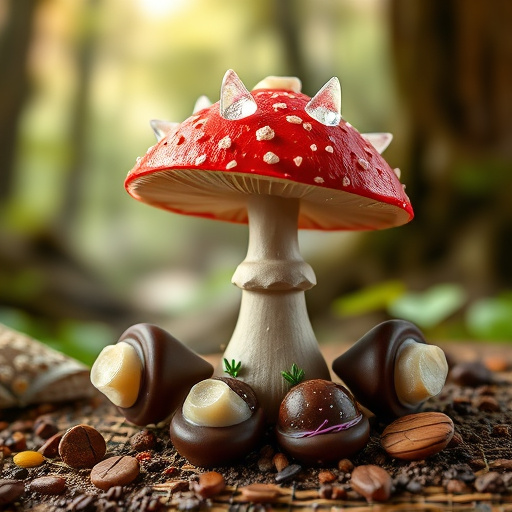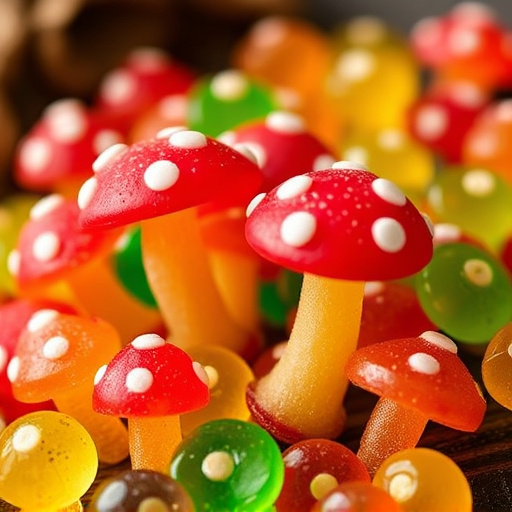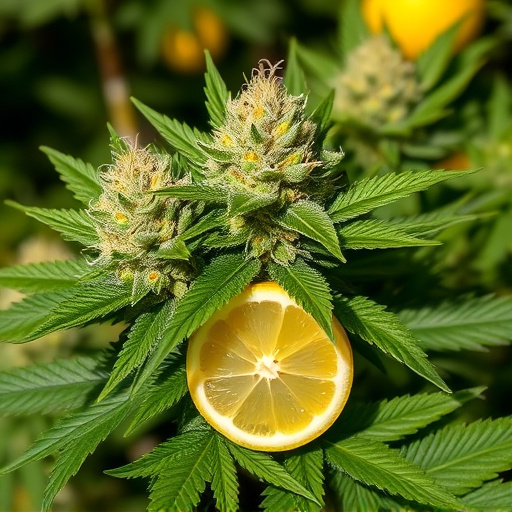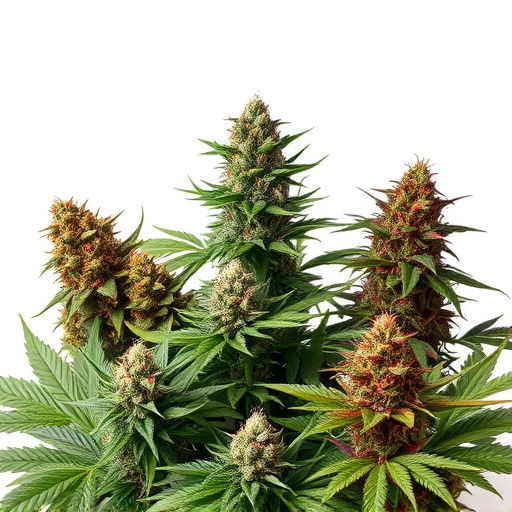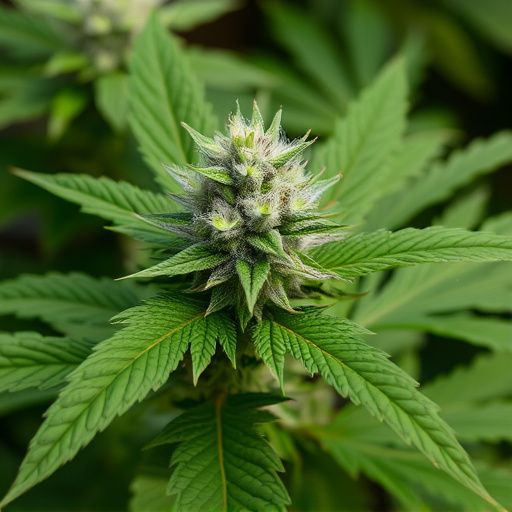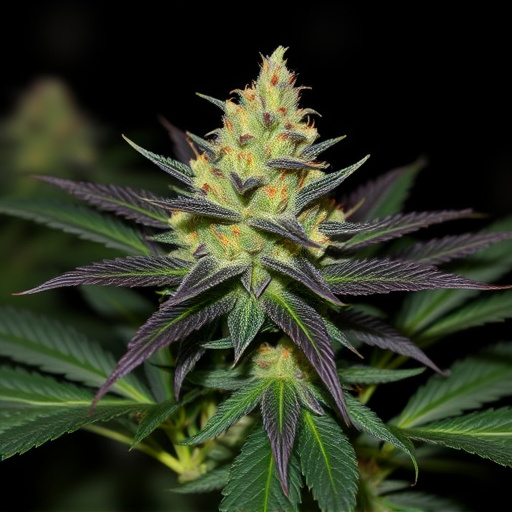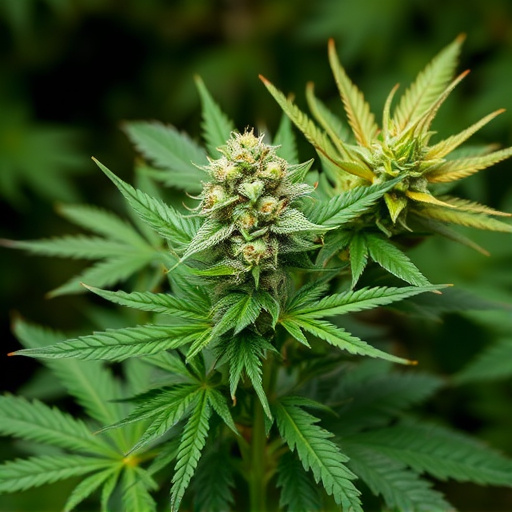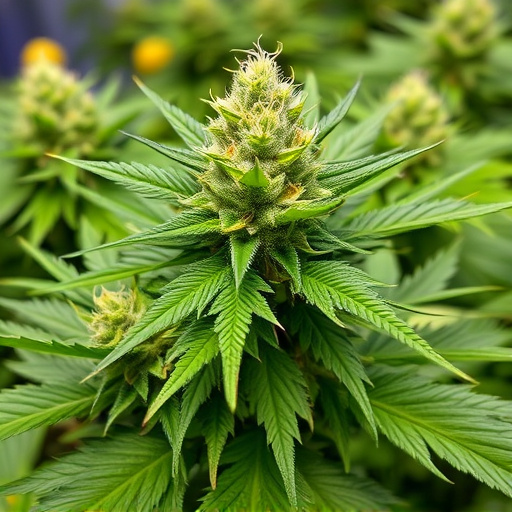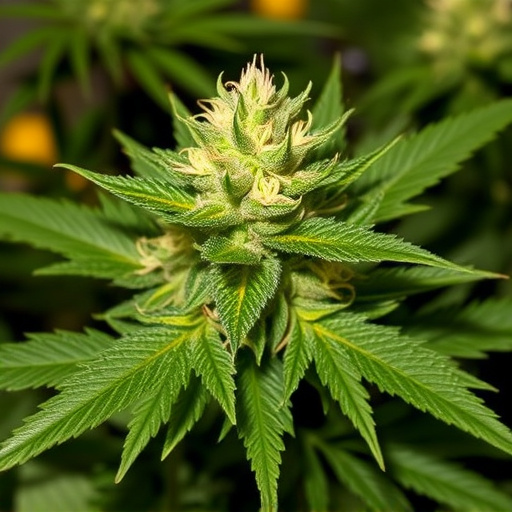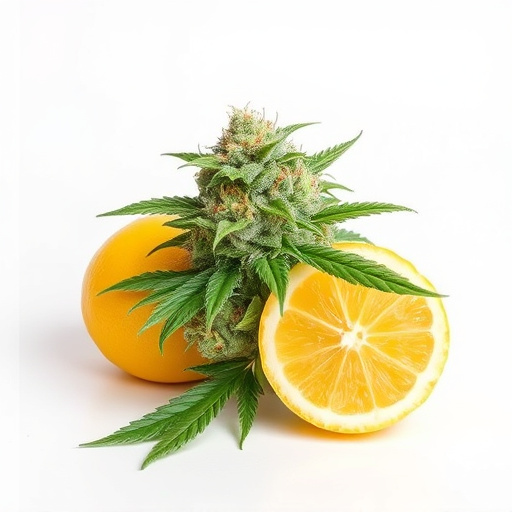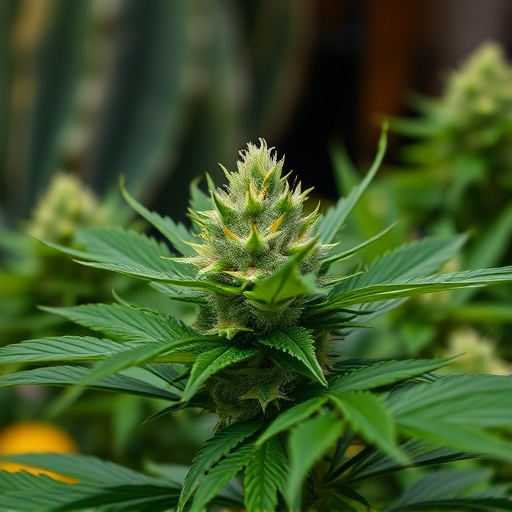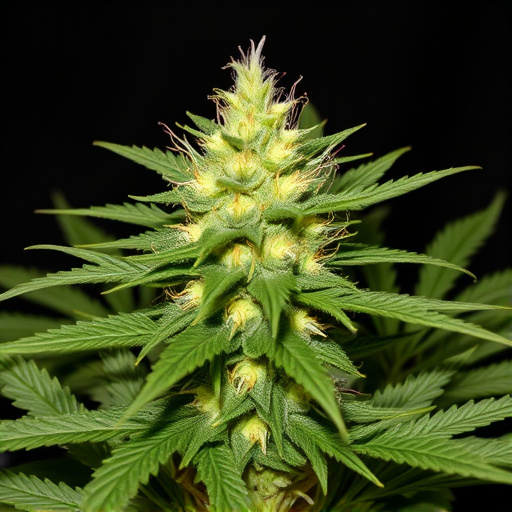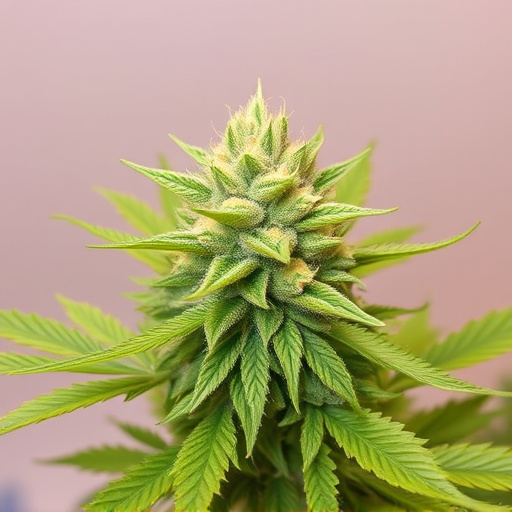Lemon cannabis strains owe their distinctive citrusy aroma and subtle skunk notes to high concentrations of limonene and myrcene terpenes, which significantly influence the plant's scent profile. Terpenes, aromatic compounds found in many plants, are responsible for cannabis' unique odors and flavors, with myrcene being one of the most abundant and contributing to the skunkiness associated with certain strains. The complex interplay of various terpenes creates the overall fragrance of different cannabis varieties, including lemon cannabis strains.
Have you ever wondered why some cannabis strains emit a distinctive skunk-like aroma while others are more subtle? This intriguing characteristic is largely influenced by three key factors. Firstly, terpenes—the organic compounds responsible for cannabis scents—play a pivotal role in shaping the skunkiness. Secondly, genetic variations among strains lead to differing terpene profiles, resulting in citrusy or less pungent aromas. Lastly, cultivation techniques significantly impact terpene production. In this article, we explore these elements in detail, including tips for growers seeking to cultivate lemon cannabis strains with more desirable aromatic traits.
- The Role of Terpenes in Skunkiness
- – Explanation of terpenes and their impact on aroma
- – How specific terpenes like myrcene, limonene, and pinene contribute to skunky scents
The Role of Terpenes in Skunkiness
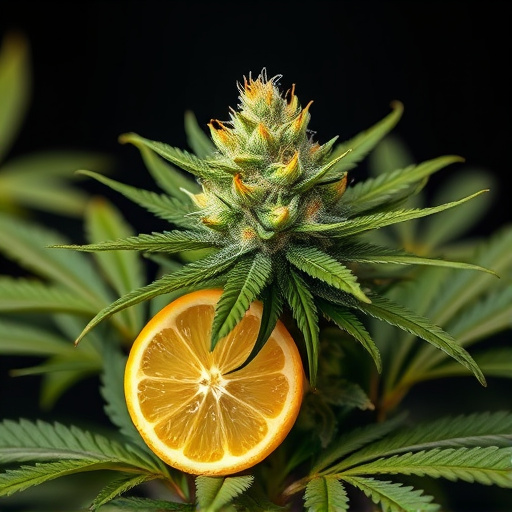
The skunk-like aroma often associated with cannabis is largely due to a group of organic compounds called terpenes, which play a significant role in shaping the scent and flavor profile of different strains. Terpenes are volatile oils produced by various plants, including cannabis, and they contribute to the unique olfactory experiences we encounter. Among these, myrcene, limonene, and pinene are particularly notable for their impact on skunkiness.
Lemon cannabis strains, for instance, owe their refreshing citrusy aroma and subtle skunk notes to elevated levels of limonene. This terpene is known for its uplifting and calming effects, making it a favorite among users seeking relaxation without overwhelming sedative properties. Additionally, myrcene, often described as earthy and musky, can enhance the skunkiness when present in higher concentrations, creating a more intense and pungent scent.
– Explanation of terpenes and their impact on aroma
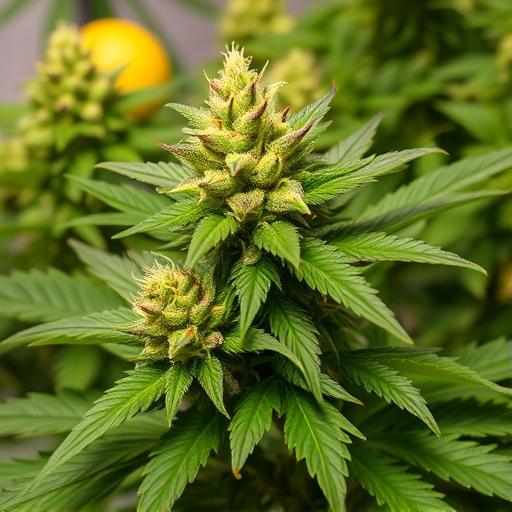
Cannabis plants produce a diverse array of volatile organic compounds (VOCs) that contribute to their unique aromas and flavors. Among these, terpenes play a pivotal role in shaping the scent profile of different cannabis strains. Terpenes are aromatic compounds that occur naturally in many plants, including cannabis. They evaporate easily and interact with our sense of smell, providing distinct olfactory experiences. Each terpene has its own chemical structure and characteristic aroma, ranging from fruity and floral to spicy and pungent notes.
The scent of skunk, often associated with certain cannabis varieties, is primarily attributed to a terpene called myrcene. Known for its earthy, musky, and slightly pungent odor, myrcene is one of the most abundant terpenes found in many cannabis strains. Lemon cannabis strains, for instance, often exhibit a more citrusy aroma due to the presence of limonene, another powerful terpene known for its refreshing and uplifting scent. The interplay between various terpenes determines the overall fragrance of a particular strain, making some cannabis varieties smell skunkier than others.
– How specific terpenes like myrcene, limonene, and pinene contribute to skunky scents
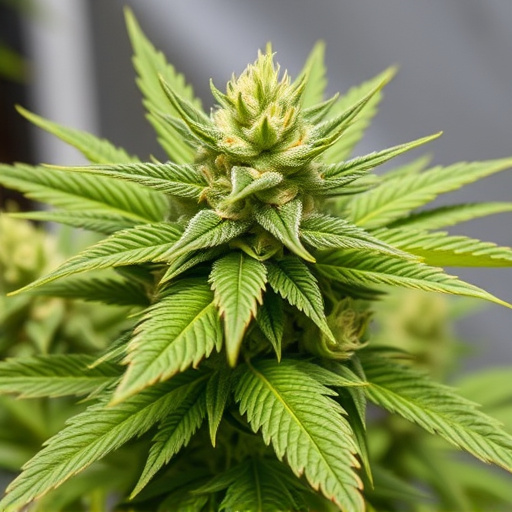
Cannabis enthusiasts often associate certain strains with distinct aromas, and one common characteristic is the skunky scent. This unique fragrance is largely attributed to specific terpenes present in the plant. Terpenes are aromatic compounds that not only contribute to the smell but also play a crucial role in the flavor profile of cannabis. Among these, myrcene, limonene, and pinene are particularly notable for their impact on skunky odors.
Myrcene is one of the most abundant terpenes found in cannabis and is known for its earthy, musky scent. It often enhances the skunkiness of a strain, creating a more pungent aroma. Limonene, as the name suggests, imparts a citrusy note, but it also adds to the skunky character, especially when combined with myrcene. Pinene, on the other hand, offers a refreshing pine-like scent; however, it can also contribute to the overall skunkiness, creating a complex and potent olfactory experience. Lemon cannabis strains, for instance, often showcase this unique blend of terpenes, resulting in a distinctive and recognizable aroma.
In conclusion, the skunkier scent of certain cannabis strains is largely attributed to the presence of specific terpenes like myrcene, limonene, and pinene. Understanding these chemical compounds offers insight into why some varieties evoke a stronger citrusy or piney aroma, with lemon cannabis strains being particularly notable for their refreshing, tangy notes. Terpenes play a crucial role in shaping the olfactory experience of cannabis, providing a diverse range of scents that cater to different preferences. As the cannabis industry evolves, recognizing and appreciating these aromatic differences will continue to enhance the overall enjoyment for consumers.
